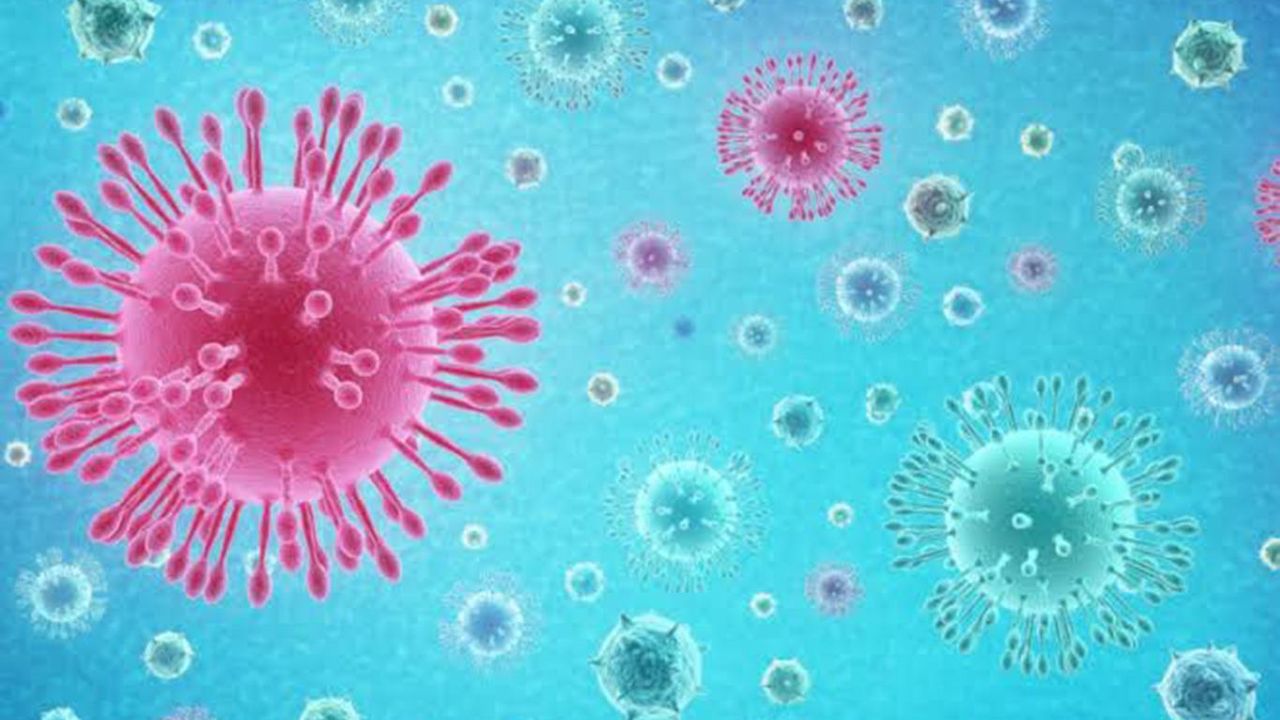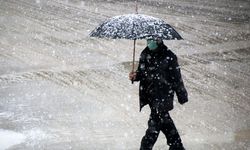The SARS-like outbreak was first reported in Wuhan, a city of 11 million in Hubei province on December. The cases centered on Wuhan"s Seafood Market.
The patients infected were mainly business staff and purchasers at the market, where vendors sell seafood and animals such as birds and rabbits.
It has spread to major cities including Beijing, Shanghai, Chongqing, Guangzhou and Shenzhen.
USA, Singapour, Japan, Thailand, South Korea and Australia have confirmed cases of the disease.
Until now, 10 cities in China"s central Hubei province have suspended some public transportation over the coronavirus outbreak.
All public venues have been shut down except hospitals, supermarkets, farmers" markets, gas stations and drug stores in Zhijiang city.
The epicentre of the outbreak, Wuhan city, and Huanggang city have been locked down And train stations have been shut in Ezhou city.
What are the China virus symptoms?
According to WHO, the main symptoms reported are fever followed by difficulty breathing. Chest X-rays of the infected people have shown signs of pneumonia in both lungs.
WHO advice
Although the source of the novel coronavirus causing this cluster of pneumonia and the mode(s) of transmission are unknown, it would be prudent to remind populations and health workers of the basic principles to reduce the general risk of transmission of acute respiratory infections:
Avoiding close contact with people suffering from acute respiratory infections;
Frequent hand washing, especially after direct contact with ill people or their environment;
Avoiding unprotected contact with farm or wild animals;
People with symptoms of acute respiratory infection should practice cough etiquette (maintain distance, cover coughs and sneezes with disposable tissues or clothing, and wash hands);
Within healthcare facilities, enhance standard infection prevention and control practices in hospitals, especially in emergency departments;
WHO does not recommend any specific health measures for travelers. In case of symptoms suggestive of respiratory illness either during or after travel, the travelers are encouraged to seek medical attention and share their travel history with their health care provider. Travel guidance has been updated. (ILKHA)








